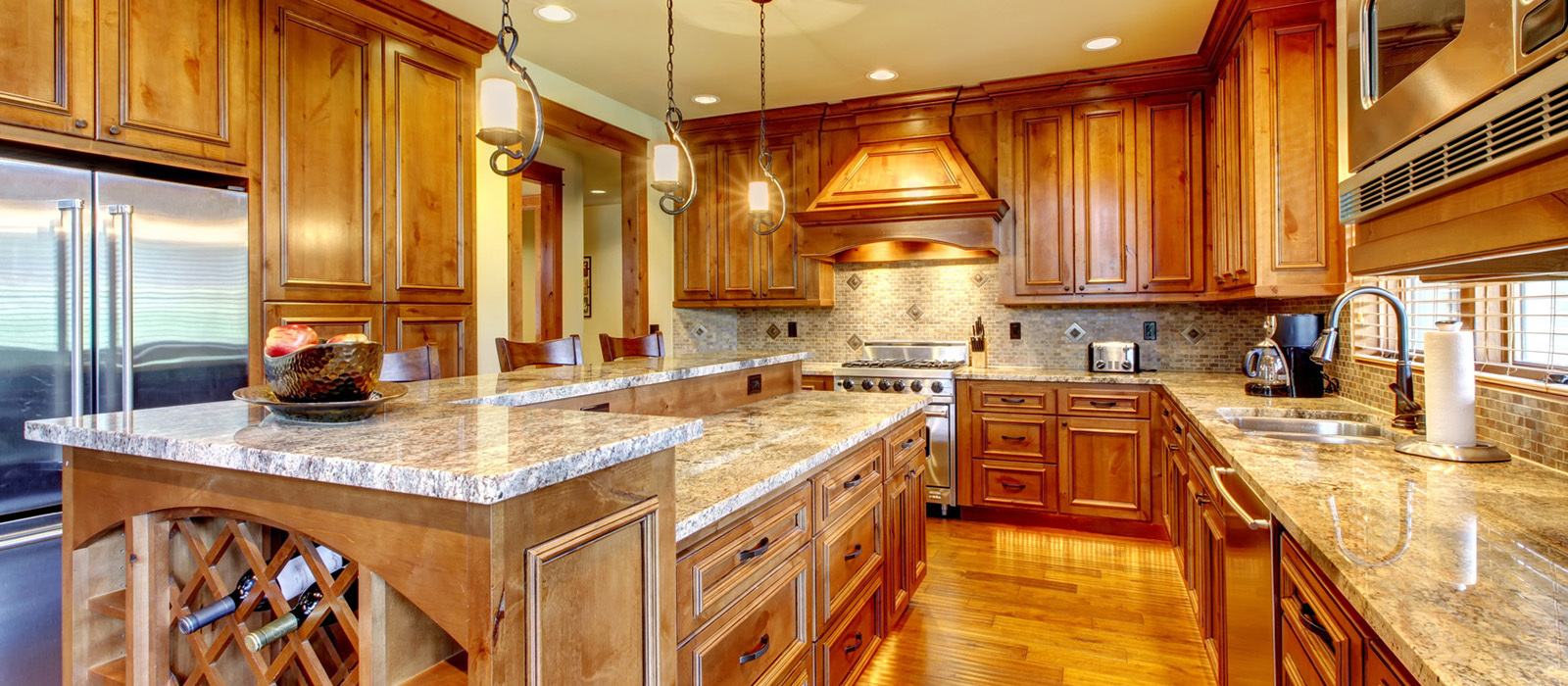Find Out The Difference Between Co-Op and Condo Fees
Posted by Tom Crimmins Realty, Ltd. on
Distinguishing the differences between a condo and co-op may seem confusing. According to Cheryl Lock's article, "co-ops make up about 75 percent of New York’s real estate market....However, you’ll usually have to pay up 20 percent or more for a co-op down payment, while with condos you can sometimes put down with less."
For those looking to buy or are searching for an understanding, we break it down for you.
Condo Fees:
In a condo, the owner owns the interior of the unit and a percentage of common ownership. Common ownership is based on square footage of the interior in comparison to the entire buildings’ square footage. It is important to know that paying maintenance fees in a condo building will not give you a share or ownership of the…
2285 Views, 0 Comments

